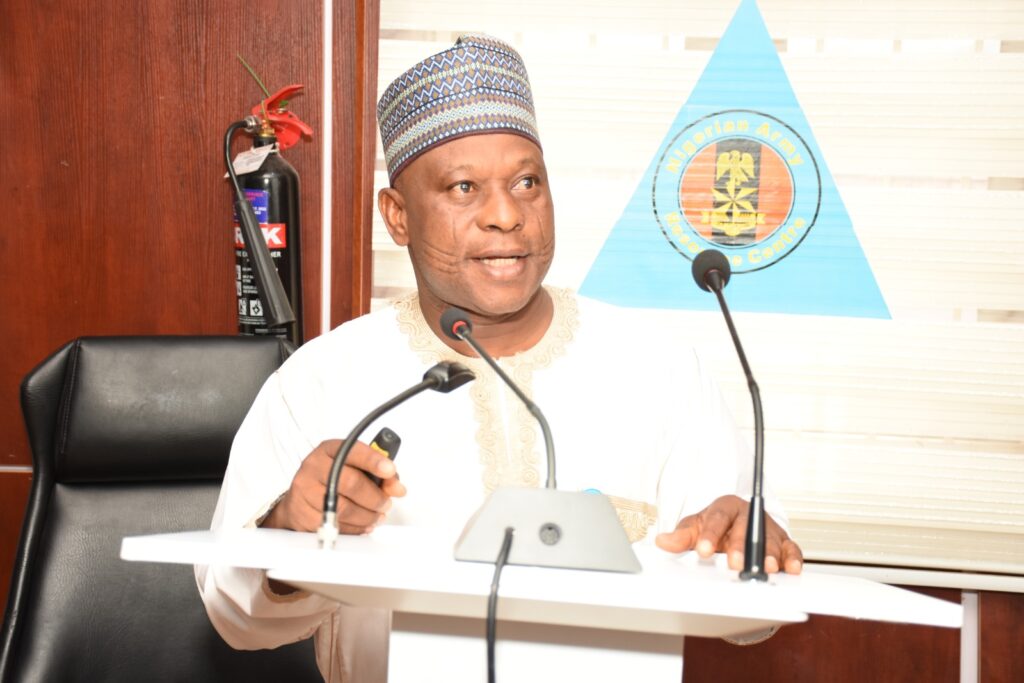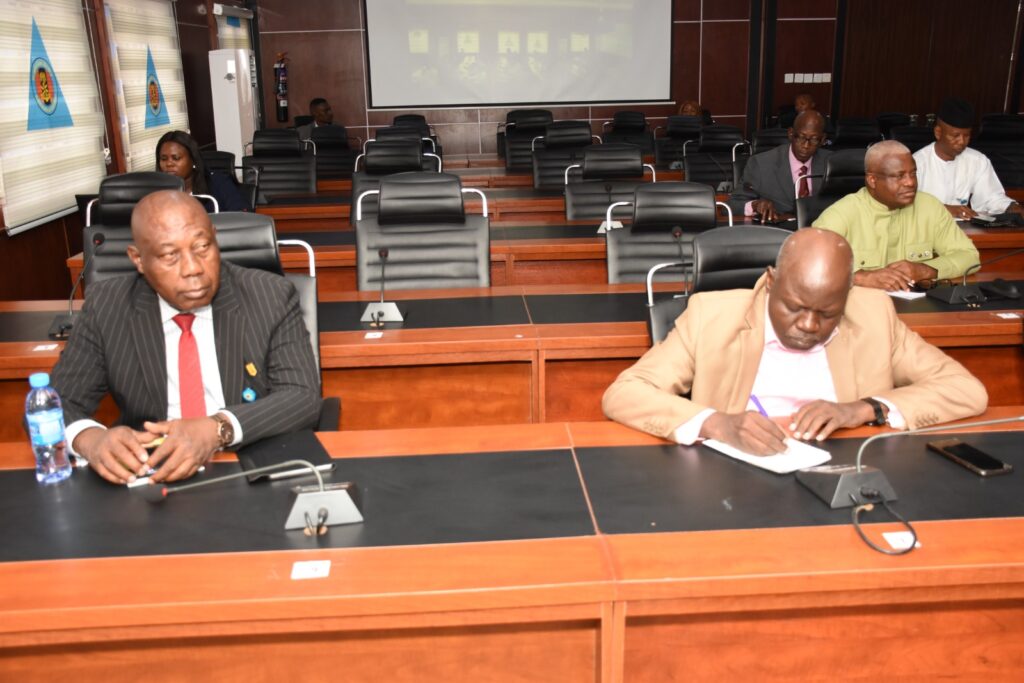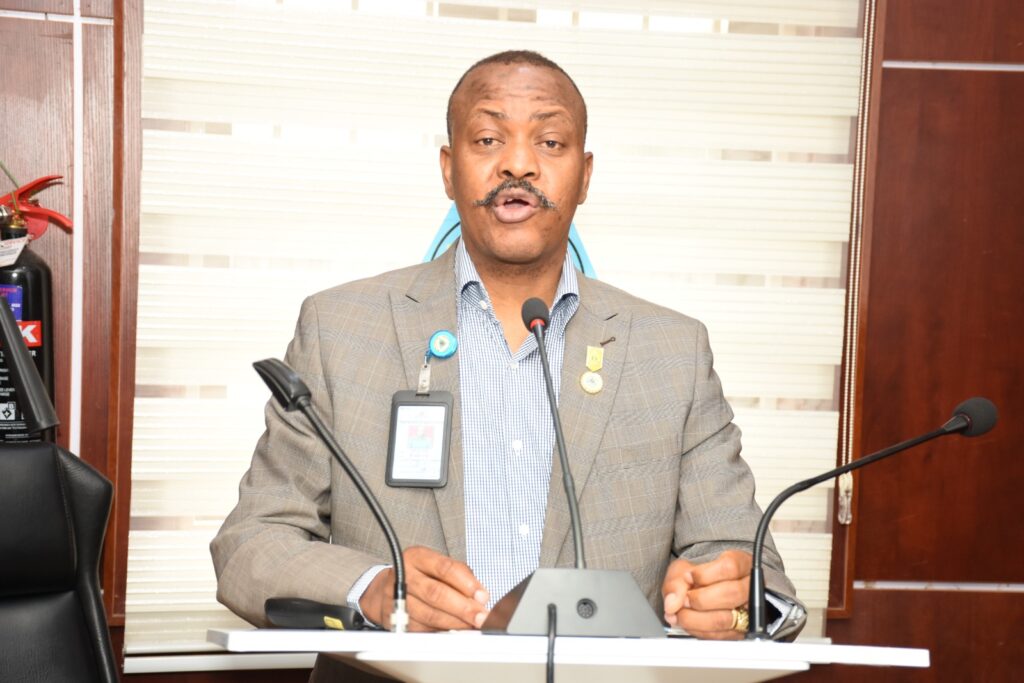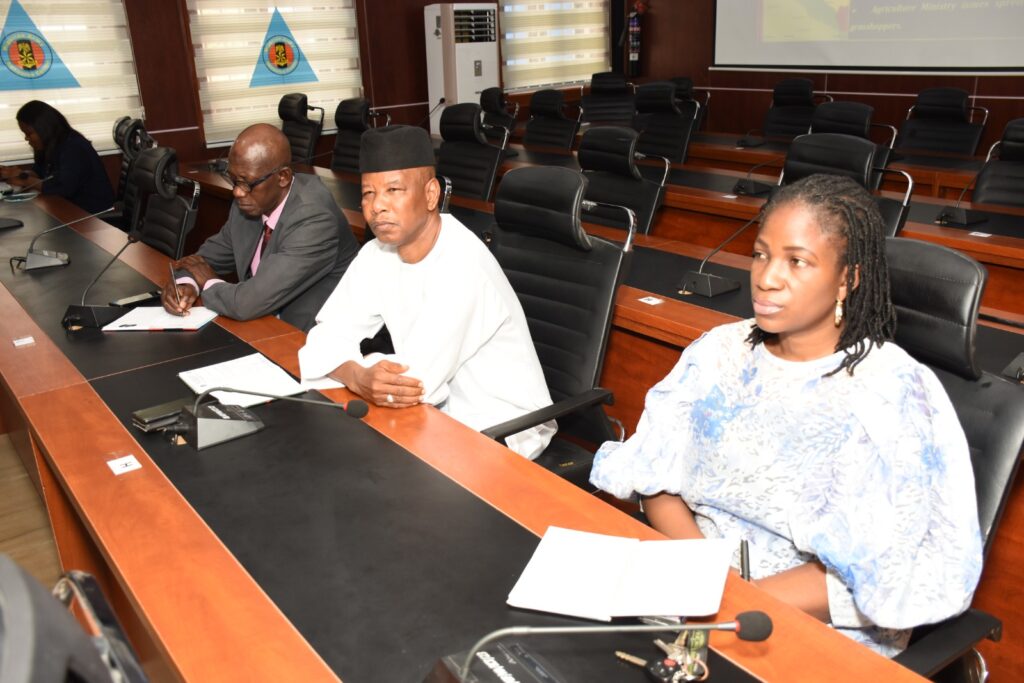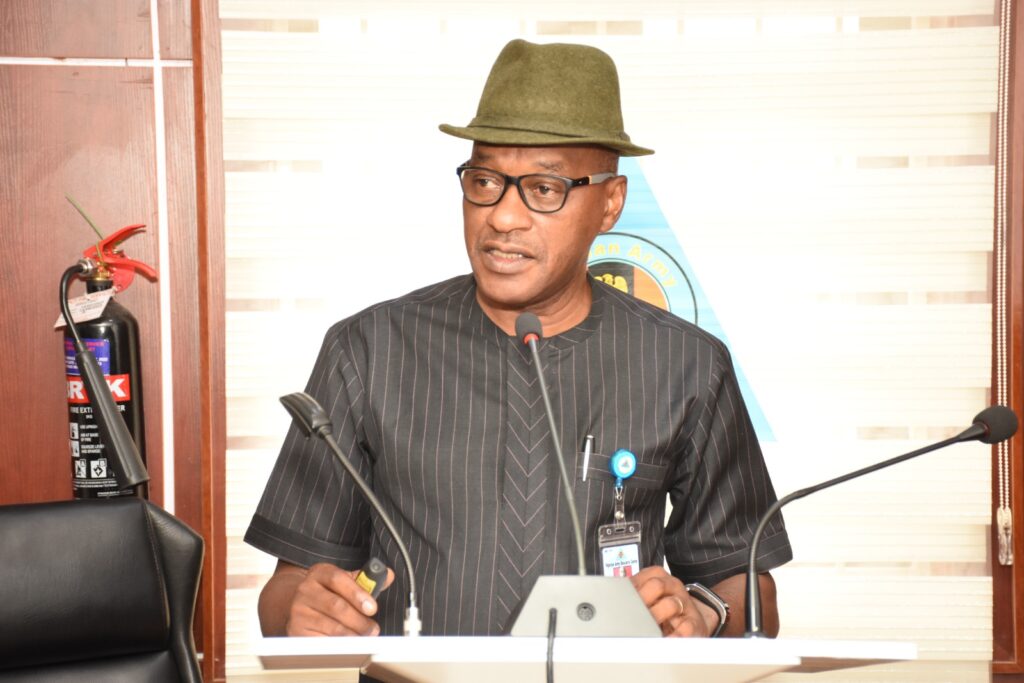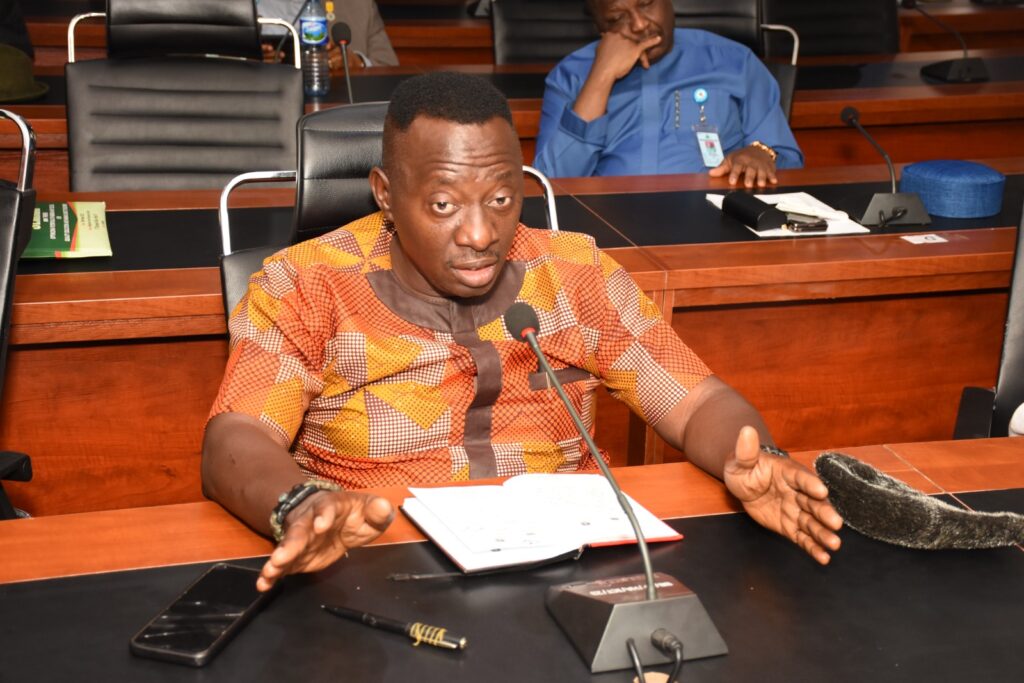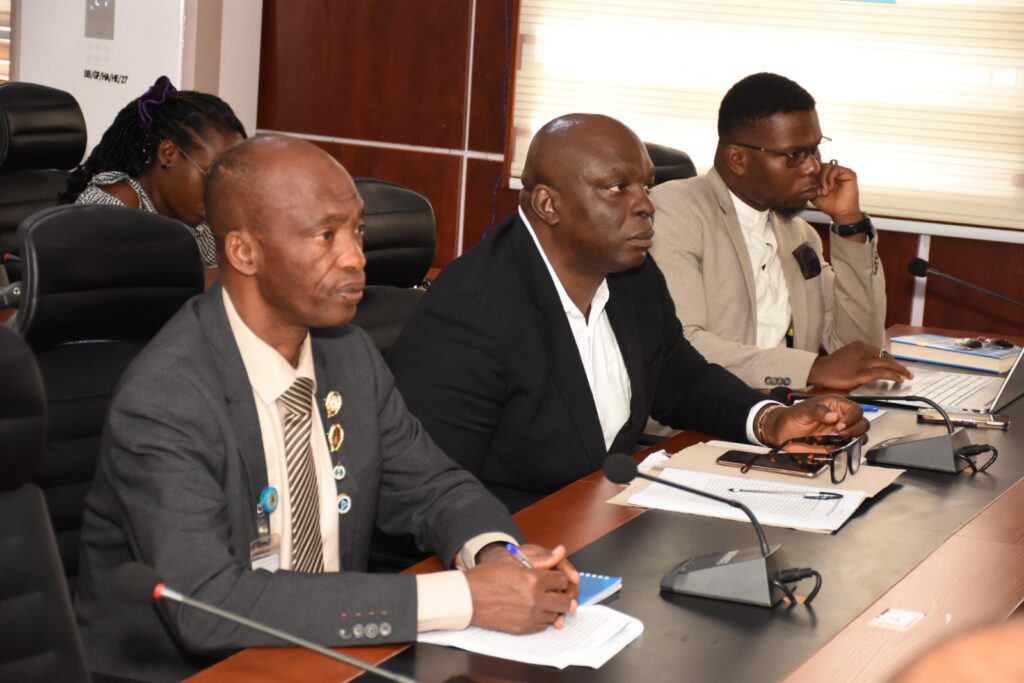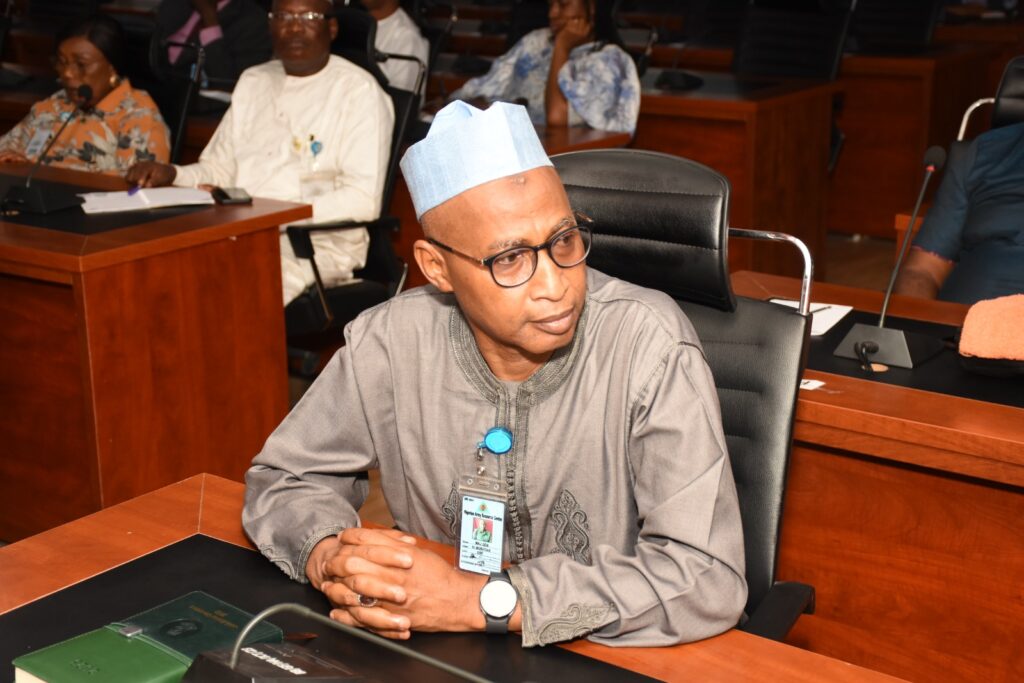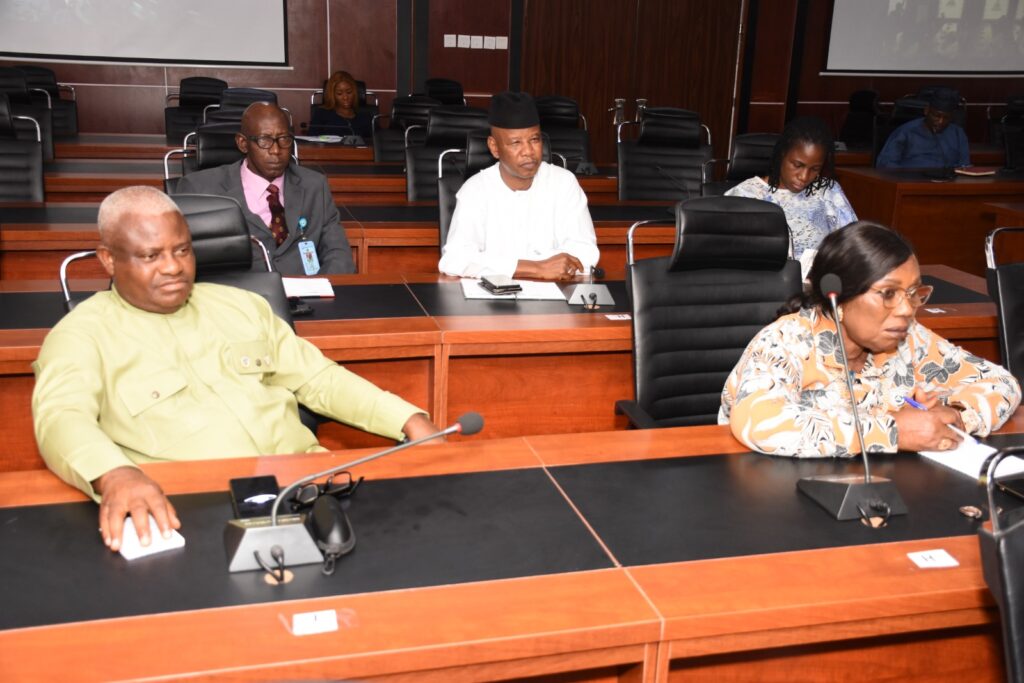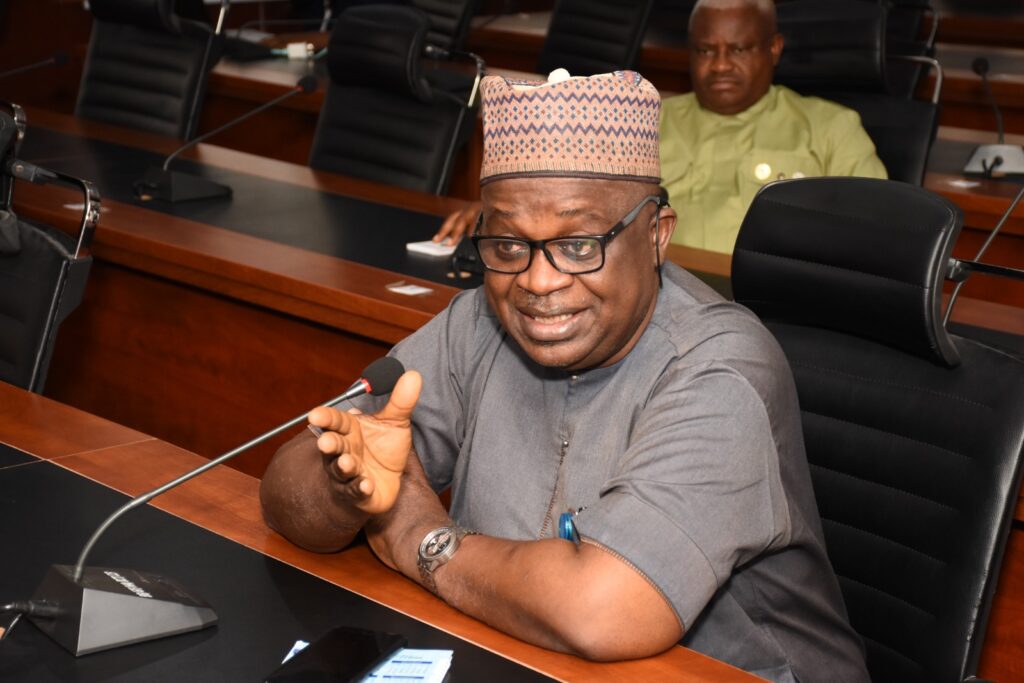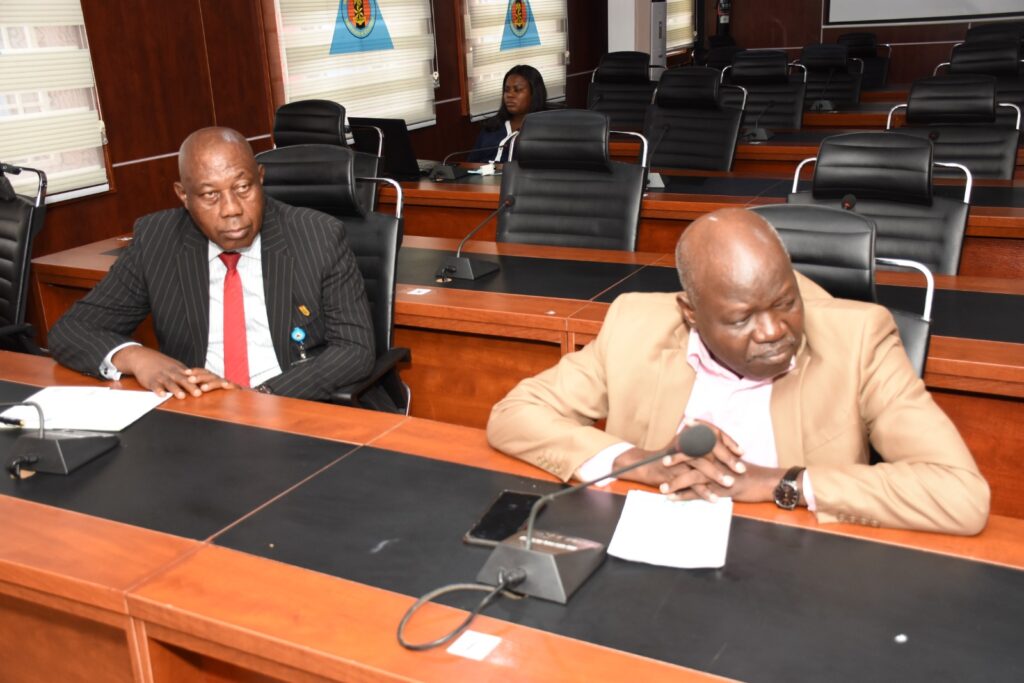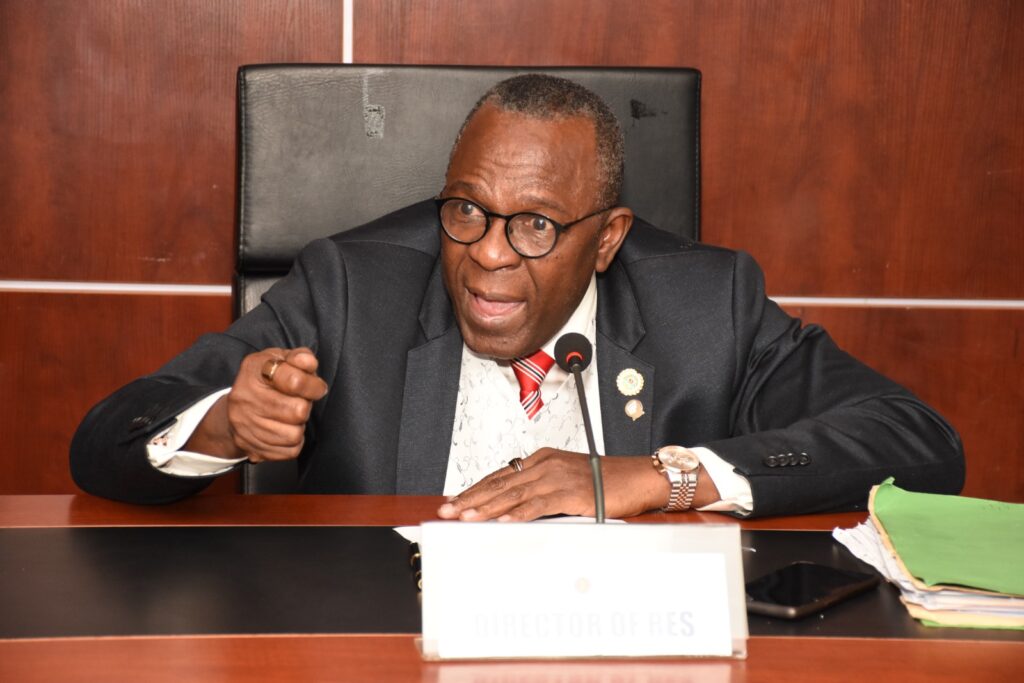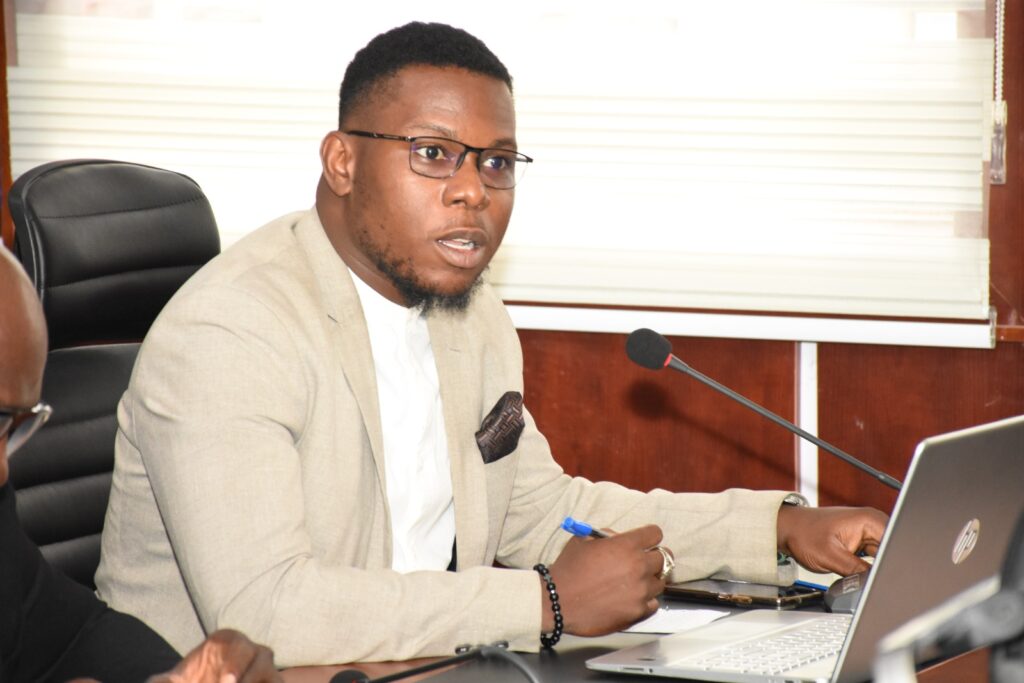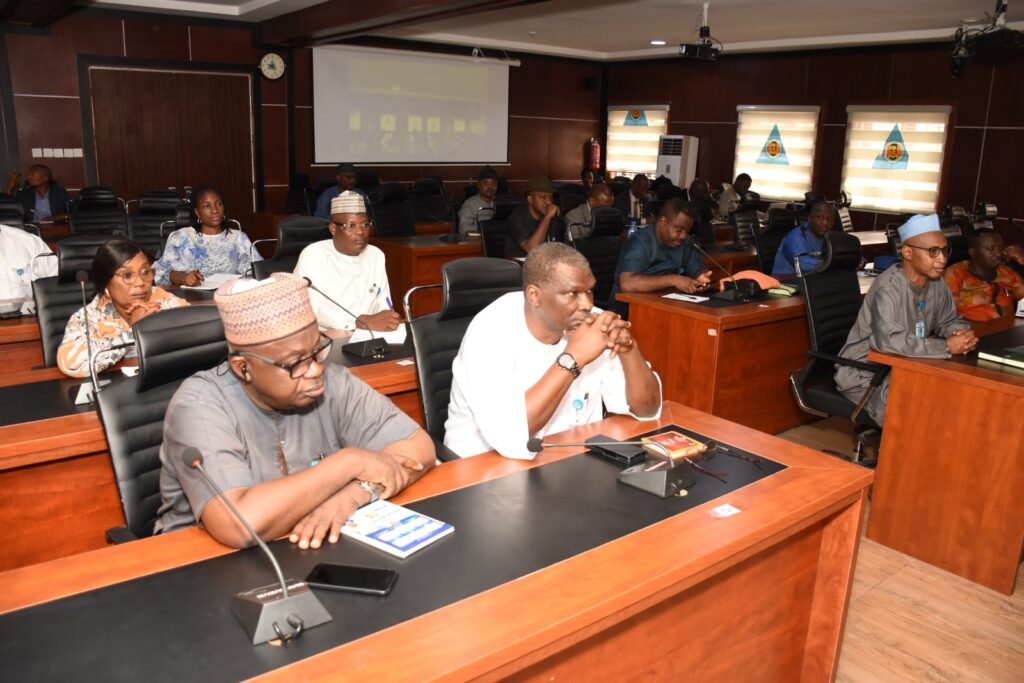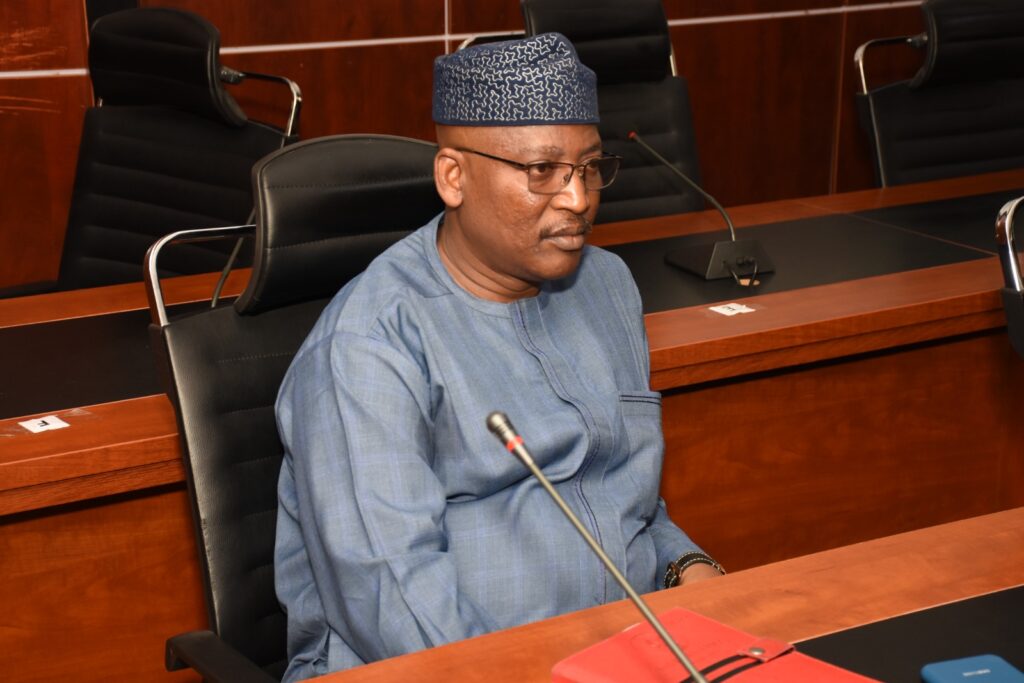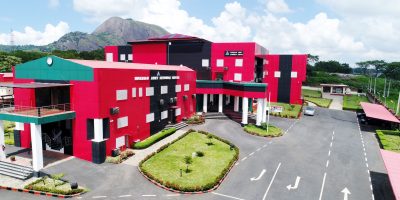Today’s edition of the Nigerian Army Resource Centre (NARC) Weekly Subject Experts’ Presentation was held at Hall A, TY Buratai Block NARC, Abuja. There were three presentations made by the Subject Experts covering the Middle East, China, South America & the Caribbean.
Maj Gen JG Mohammed, Subject Expert for the Middle East kick starts today’s presentation by focusing on the United Arab Emirates ban on single-use plastic shopping bags starting in 2024, it would not only ban but also prohibits the import, production, and circulation of such bags from January 2024.The initiative is aimed at reducing pollution in the oil-rich nation.
In his analysis and lesson for Nigeria, General Mohamed stated that Nigeria hasn’t done much in managing waste plastic compared to other developing countries such as Kenya, Rwanda, Uganda, and Tanzania. Its commitment to combating plastic pollution is far below expectations. He further said that whatever strategy the government employs will be ineffective unless the long-awaited “plastic pollution bill” is passed by Nigerian legislators and swiftly signed into law. The citizens and leaders have dual responsibility of bequeathing an environment that future Nigerians can be proud of.
The second presentation was made by Major General JK Nwosu Subject Expert for China. His presentation focused on the increasing rate of Chinese loans to Nigeria. He noted that despite the COVID-19 pandemic bilateral trade between the two countries increase by nearly 142% by Jan 2023. His presentation further explained the security implication of the Chinese loans stating that it impacts the Nation’s Sovereignty negatively. He further stated that stringent measures on disbursement and proper utilization of Chinese loans are important to ensuring accountability and transparency. He recommended proactive steps be taken in ensuring that the Country is not subjected or a target of any foreign policy rivalry.
The last presentation was made by Brig Gen M Ibrahim Subject Expert for South America and the Caribbean. He focused among other selected news headlines on “Guyana’s plan to train 1,000 registered Nurses annually”. He noted that inadequate and unethical training and practices of Nurses have affected the health care service delivery in Nigeria. Efforts are made at various levels to improve the situation, but there is a cause for more serious actions to be taken by all health professionals and government at all levels to tackle healthcare problems in Nigeria. This may be achieved by providing reforming public policies, as well as more investment from the Federal Government in the Nursing workforce and considering a special salary package for nurses to address the brain drain.
Present at the briefing was the Director of Research, Senior Research Fellows, Research Fellows, Consultants, and other staff of the Centre.
